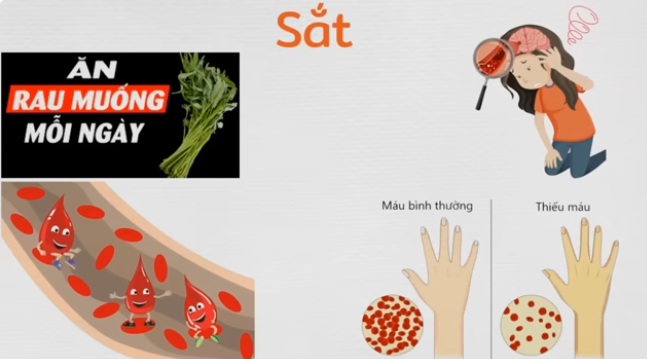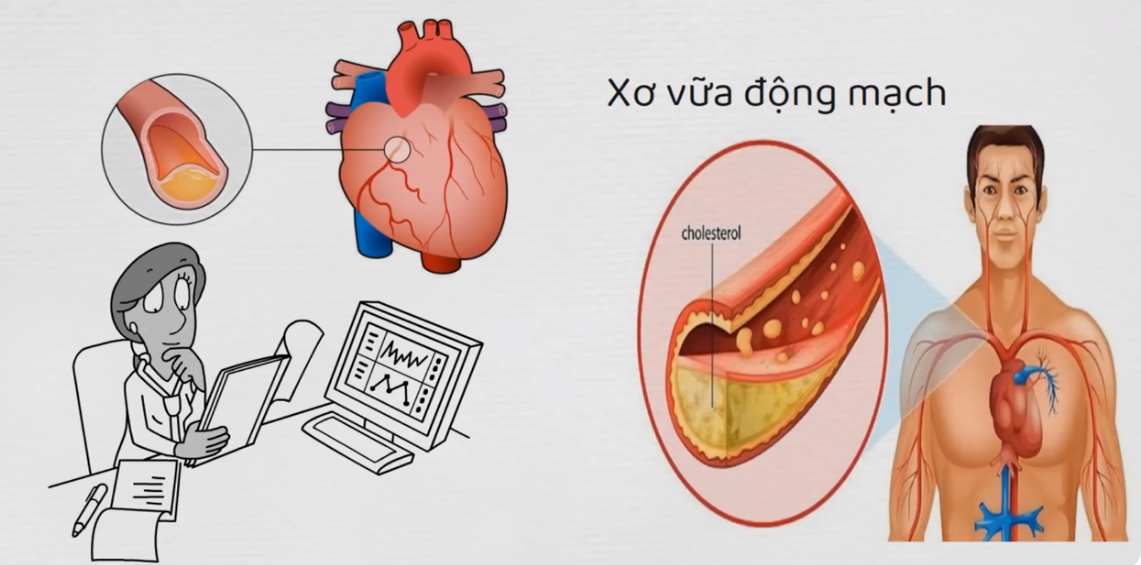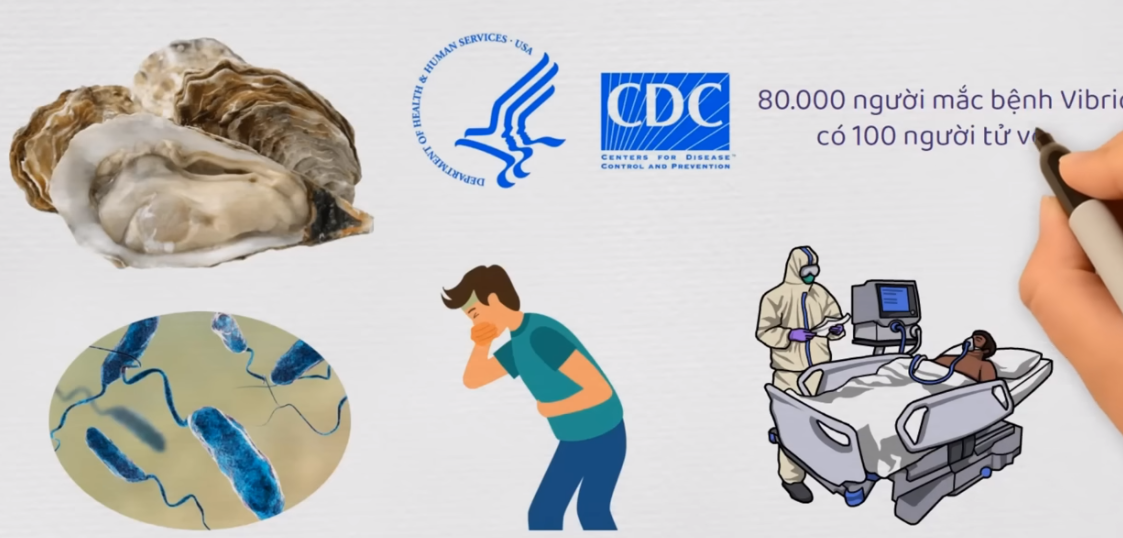
Hello everyone, oysters, especially grilled oysters, are a dish that everyone loves, especially the guys. It is said that eating oysters can help men enhance their strength and confidence. So is that true? And what are the effects of eating oysters? Let's find out right now.
Oysters are an important species in the ecosystem. They function to filter pollutants out of the water and provide a habitat for other species. The meat of the oyster has a delicious flavor, not only in Vietnam but almost everywhere in the world, people enjoy this dish.
So is it good if you eat oysters regularly? What will happen to your body?
To understand this, let's take a look at the nutritional composition of oysters. Each oyster has slightly different components, just like humans, some are fat, some are thin, some are fatty, some are lean, some are fresh, and some are wilted; oysters are the same.

It has been analyzed that oysters contain the following components: In 100g of oyster meat, there are 79% calories, 9g of protein, 4g of carbohydrates, 3g of fat, and 555% of the daily value of zinc. Thus, just eating 100g of oysters, you have already consumed enough zinc for 7 days, which is an excessive amount. Similarly, oysters also contain a lot of vitamin B12, up to 538% of the daily requirement, which means that eating 100g of oysters provides you with B12 for 5 consecutive days. Similarly, with copper at 493%; selenium 56%; iron 40%; manganese 20%; phosphorus 12%; vitamin E 9%; riboflavin 9% and calcium 7%.
Oysters are low in calories but contain many nutrients including protein, healthy fats, vitamins, and minerals. Eating 100g, which is 1 portion of oyster meat, means you will intake a rich amount of Omega-3 fatty acids, which are unsaturated fats that play an important role in your body, including regulating inflammation, supporting heart and brain health, and protecting you against type 2 diabetes.
Among the nutrients that oysters provide, we need to pay attention to the following components:
The first is vitamin B12. This vitamin is very important for maintaining the nervous system, metabolism, and blood cell formation. Many people, especially the elderly, may be deficient in vitamin B12, so when you see older people eating oysters, don't think negatively.
The second is zinc. This mineral plays an important role in the health of the immune system, metabolism, and cell growth. However, eating 100g of oysters provides too much zinc as mentioned above.
The third is selenium. This mineral helps maintain thyroid function and metabolism.
The fourth is iron. The role of iron is very clear; you can refer to the article about water spinach for more details. In general, iron plays an important role in producing blood cells and supplying oxygen to the body; a lack of iron leads to a lack of oxygen, pale skin, and dizziness, and it can also impair your thinking because the brain does not have enough oxygen to function.

Eating these nutrients not only meets the body's needs for health but also provides protective effects against oxidative processes and cancer.
For example, selenium is a powerful antioxidant that helps protect your body from oxidative stress, which is an imbalance in the body when harmful free radicals appear in excess, easily causing mutations and cancer. It can also lead to heart disease and psychological issues.
Next is zinc and vitamin B12. Vitamin D also has antioxidant effects. Studies have shown that people who eat a diet rich in antioxidants can reduce the risk of heart disease, type 2 diabetes, and some cancers. Not only does it prevent cancer and keep the body healthy, but oysters also provide a source of protein that is considered high quality.

Oysters are an excellent source of high-quality protein. When you eat 100g of oyster meat, you get 9g of protein, which is a complete protein source, meaning it contains all the essential amino acids your body needs.
Eating protein in oysters has two benefits:
The first is that it helps you lose weight because you know that to lose weight, there must be two factors: one is to burn excess fat in the body through exercise, and two is to eat less to reduce fat accumulation. To eat less, protein has a significant advantage because it helps you feel full longer, so you will eat less, making it easier for you to lose weight.
The second is that this protein has a positive effect on people with diabetes. For example, a review of 13 studies concluded that a high-protein diet can reduce insulin resistance, and you are already familiar with insulin, which helps the body break down blood sugar. If this function is impaired, sugar will remain in the body, leading to insulin resistance, so anyone with this condition will have high blood sugar. Fortunately, the protein in oysters is believed to have the ability to reduce this insulin resistance.
Additionally, a high-protein diet can reduce risk factors for heart disease in people with type 2 diabetes. A review of 18 studies in people with type 2 diabetes showed that a high-protein diet significantly reduced triglyceride levels, which are a major risk factor for heart disease.
In addition to containing many beneficial nutrients like vitamins, oysters also contain a unique antioxidant recently discovered called DHMBA. This is a compound with powerful antioxidant effects, as you know, oxidation can easily lead to cancer; moreover, it can cause premature aging and wrinkled skin, so any antioxidant is very beneficial. In fact, a study in vitro showed that DHMBA has the ability to protect against oxidative stress 15 times stronger than Trolox, which is a synthetic vitamin E known for its ability to prevent damage caused by oxidative stress, and this DHMBA is 15 times stronger, which is truly impressive.
Some other in vitro studies also indicate that DHMBA from oysters may provide special benefits for liver health. For example, one in vitro study demonstrated that it protects human liver cells from damage and cell death caused by oxidative stress. This could be a lifesaver for those who drink a lot of alcohol because alcohol damages the liver, and oysters can help save the liver to some extent.
Another study showed that DHMBA reduces the oxidation of cholesterol, a chemical reaction related to the accumulation of plaque in your arteries, leading to atherosclerosis. This is a major risk factor for heart disease. Thus, it can be understood that DHMBA makes your blood vessels clearer, reducing your risk of cardiovascular disease and stroke.
Now we will discuss the benefits that many guys are looking forward to, and perhaps the ladies reading this article are also smiling, planning to buy their husbands a whole kilogram of oysters. That is, oysters help improve libido and treat dysfunction in those with erectile issues. In fact, both Western and Eastern cultures believe that oysters can stimulate men's desires; however, in reality, there is very little scientific evidence supporting this claim. But don't worry too much because scientists point out that oysters contain a lot of zinc, which increases testosterone levels in men and can help stabilize erectile dysfunction.
For example, in one study, it was found that zinc supplementation could increase testosterone levels in older men and improve sexual desire; moreover, zinc therapy has also been shown to improve performance in male rats.
Oysters are delicious and good, but is there any risk in eating oysters? The answer is yes:
First, oysters are very high in zinc, and of course, too much of anything is not good. On average, 100g of oyster meat is equivalent to about 25 oysters. Therefore, your daily requirement is to eat only 5 oysters. If you eat 10 oysters, then for the next two or three days, you should not eat any more.

Second, when eating oysters, you should eat cooked oysters because raw oysters often have a very high risk of bacterial contamination. The bacteria in oysters are Vibrio, which can be very dangerous. It can lead to symptoms such as diarrhea, vomiting, fever, and even more severe conditions like septicemia, a serious blood infection that can lead to death. According to the CDC, for every 80,000 people infected with Vibrio, 100 will die.
Third, they can also carry norovirus and enterovirus, which can cause serious health issues. Additionally, these mollusks can contain chemical contaminants, including heavy metals like lead, cadmium, and mercury, so scientists recommend that children, people with weak health, pregnant women, or breastfeeding women should not eat many oysters, especially not raw oysters. Thus, we have explored the benefits of oysters and how to eat them safely.
